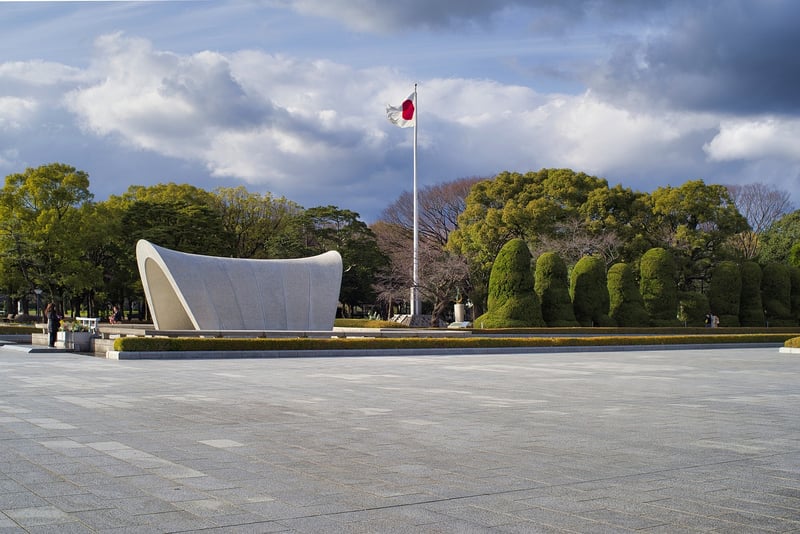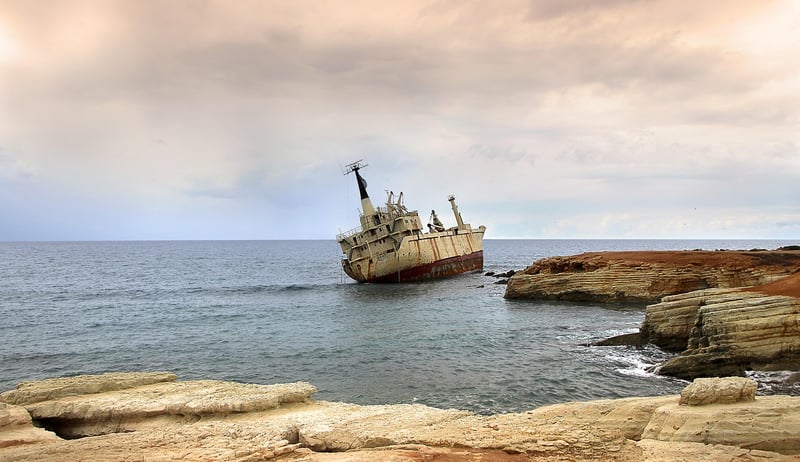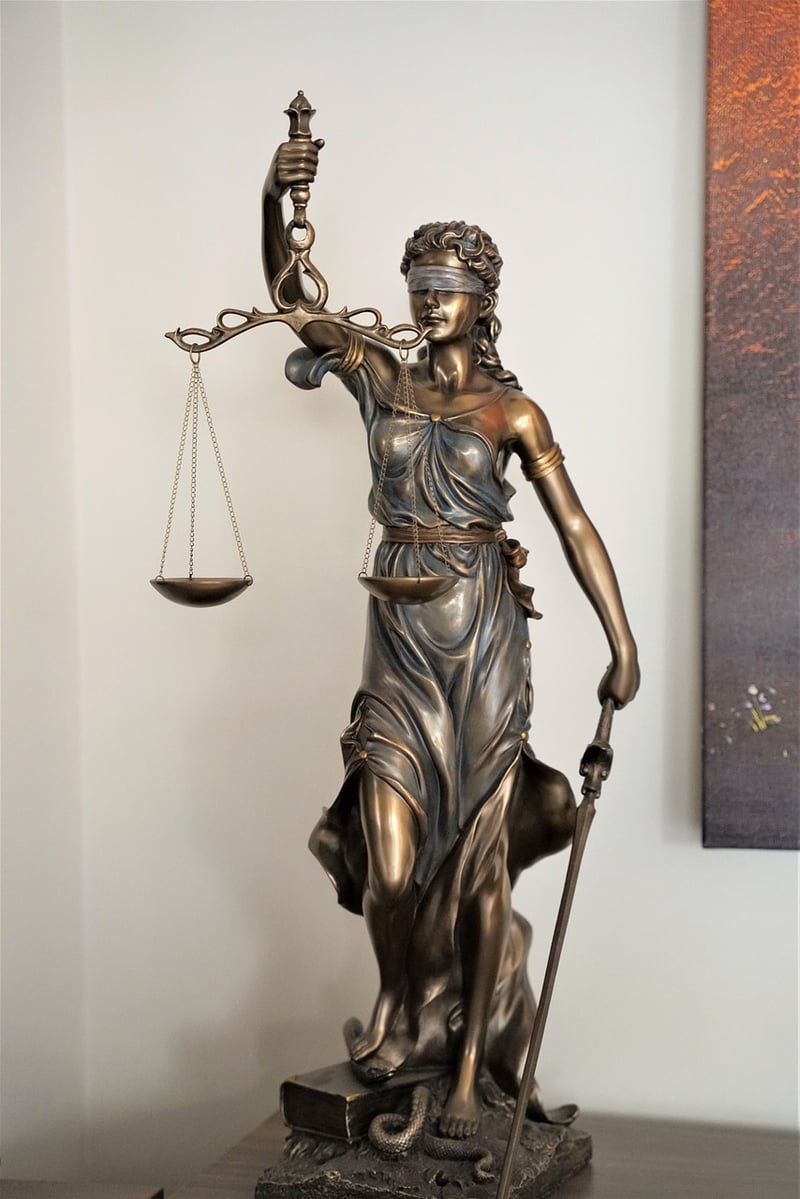Historical Dilemmas
Test Your Knowledge: Historical Dilemmas
History is filled with fascinating stories of triumphs, challenges, and difficult decisions that have shaped the world we live in today. Let's take a journey through some of the most intriguing historical dilemmas that have intrigued scholars and history enthusiasts for generations.
The Cuban Missile Crisis

In October 1962, the world stood on the brink of nuclear war as the United States and the Soviet Union faced off over the placement of Soviet missiles in Cuba. President John F. Kennedy's handling of the crisis is often hailed as a masterclass in diplomacy and crisis management.
The Partition of India

One of the most significant events in modern South Asian history, the partition of India in 1947 led to the creation of India and Pakistan. The decision to divide the country along religious lines resulted in widespread violence and mass migrations, leaving a lasting impact on the region.
The Dilemma of the Atomic Bomb

During World War II, the United States faced a moral dilemma when deciding whether to use the atomic bomb on Hiroshima and Nagasaki. The devastating impact of these bombings raised profound ethical questions about the use of nuclear weapons and the consequences of war.
The Sinking of the Titanic

The sinking of the RMS Titanic in 1912 remains one of the most tragic maritime disasters in history. The ship's collision with an iceberg and subsequent loss of life highlighted the importance of maritime safety regulations and emergency preparedness.
The Salem Witch Trials

In 1692, the Salem Witch Trials in Massachusetts sparked a wave of hysteria and paranoia, leading to the execution of numerous individuals accused of witchcraft. This dark chapter in American history serves as a cautionary tale about the dangers of mass hysteria and injustice.
Exploring these historical dilemmas offers us valuable insights into the complexities of human nature, decision-making, and the lasting impact of pivotal moments in history. By studying these events, we can learn from the past and strive to create a better future for generations to come.
